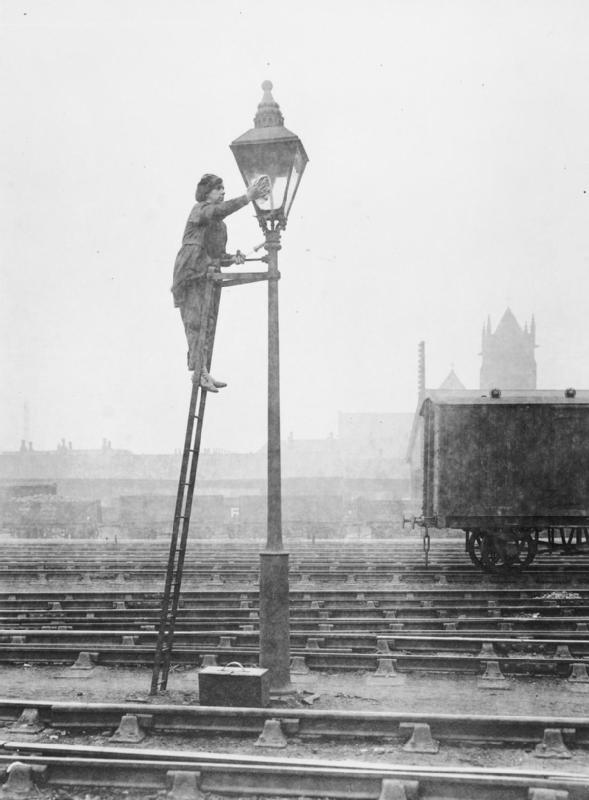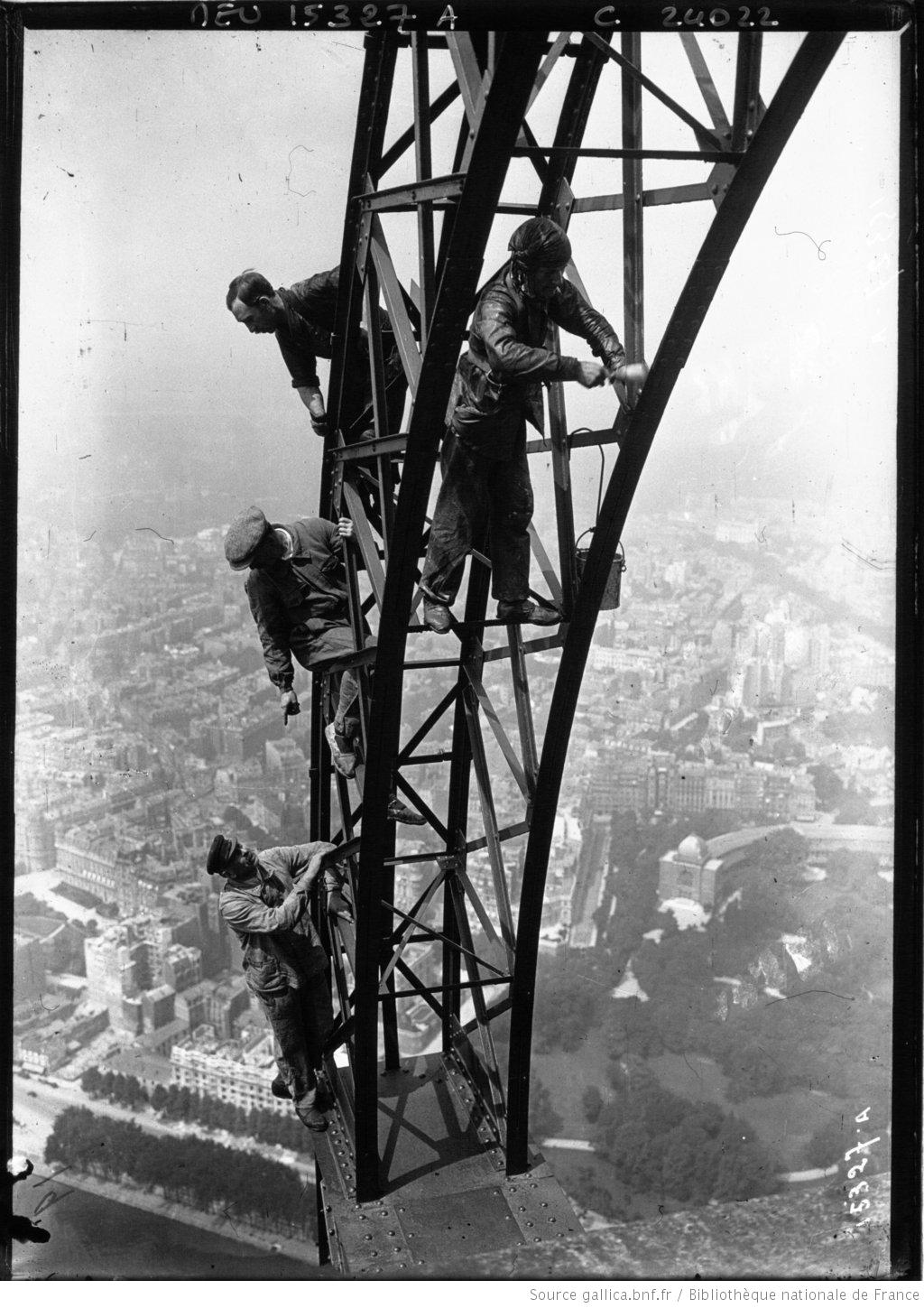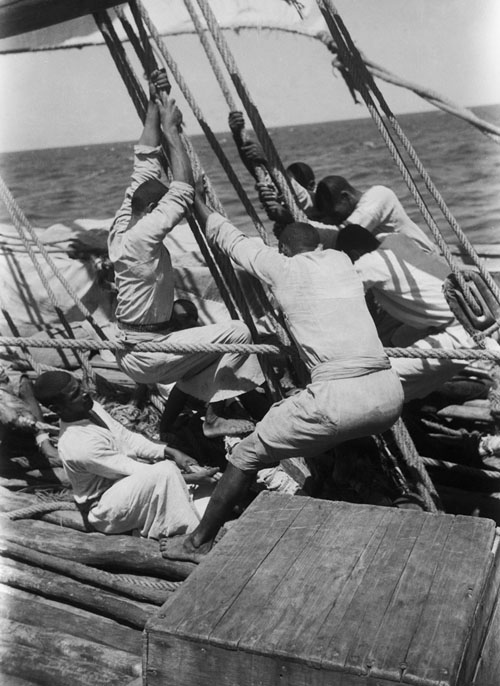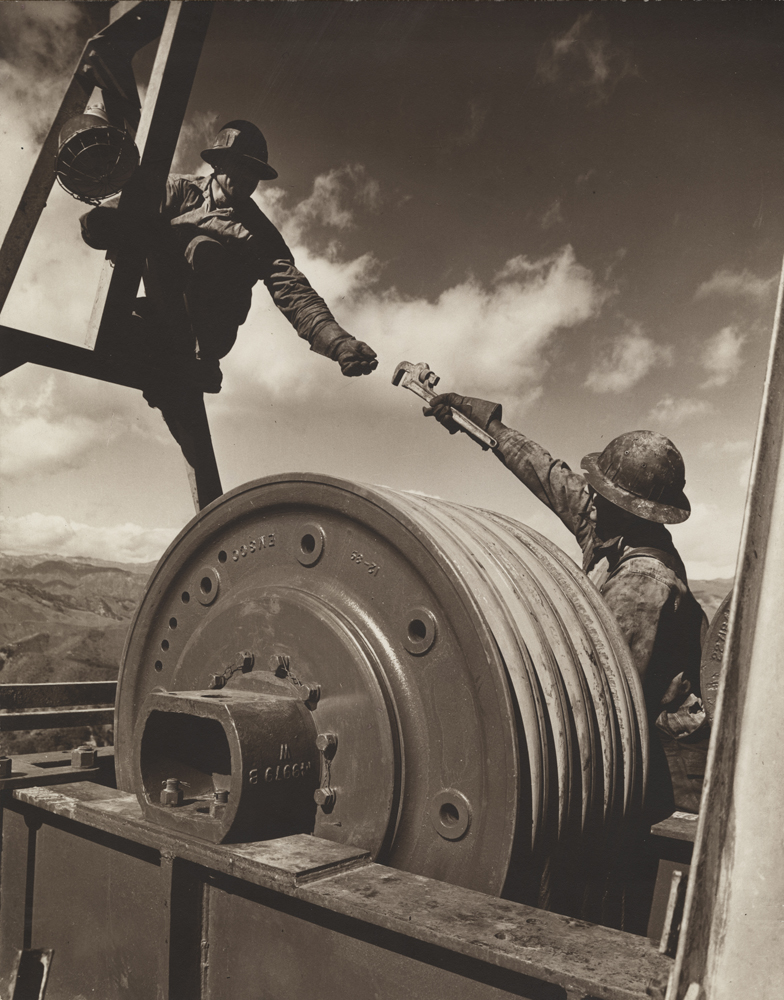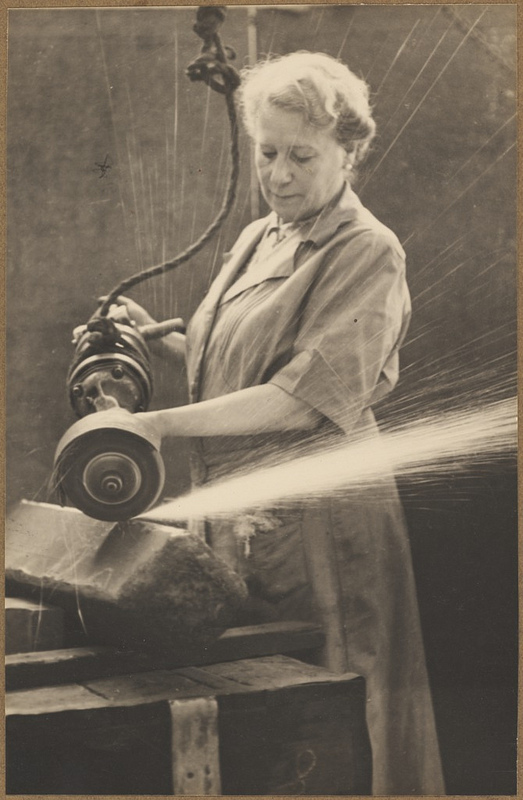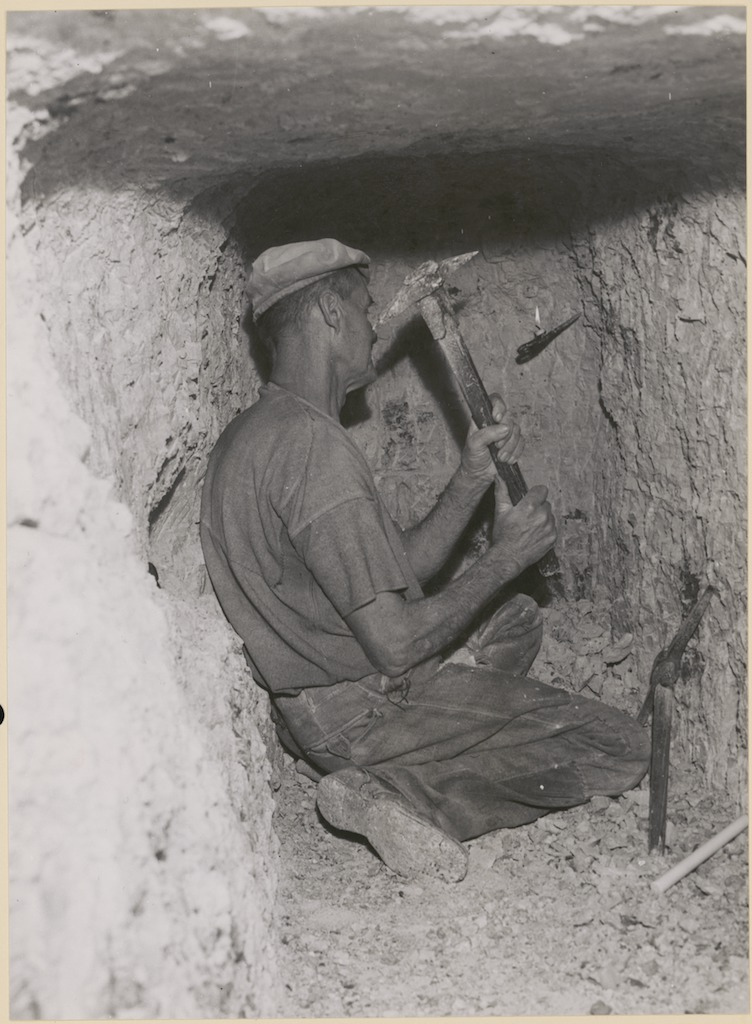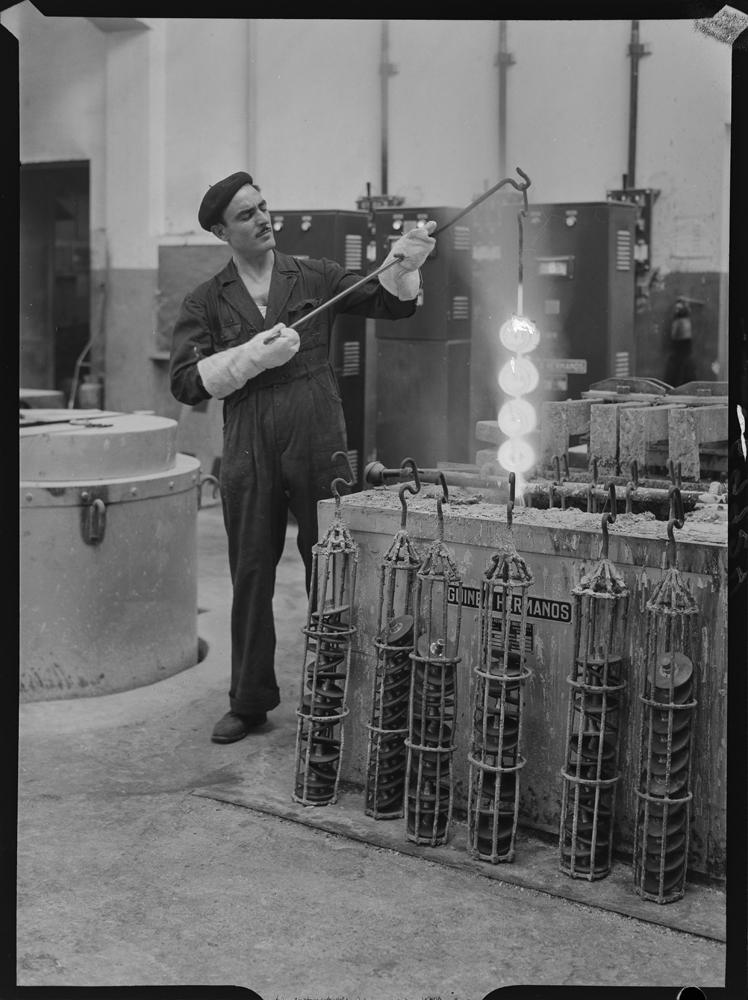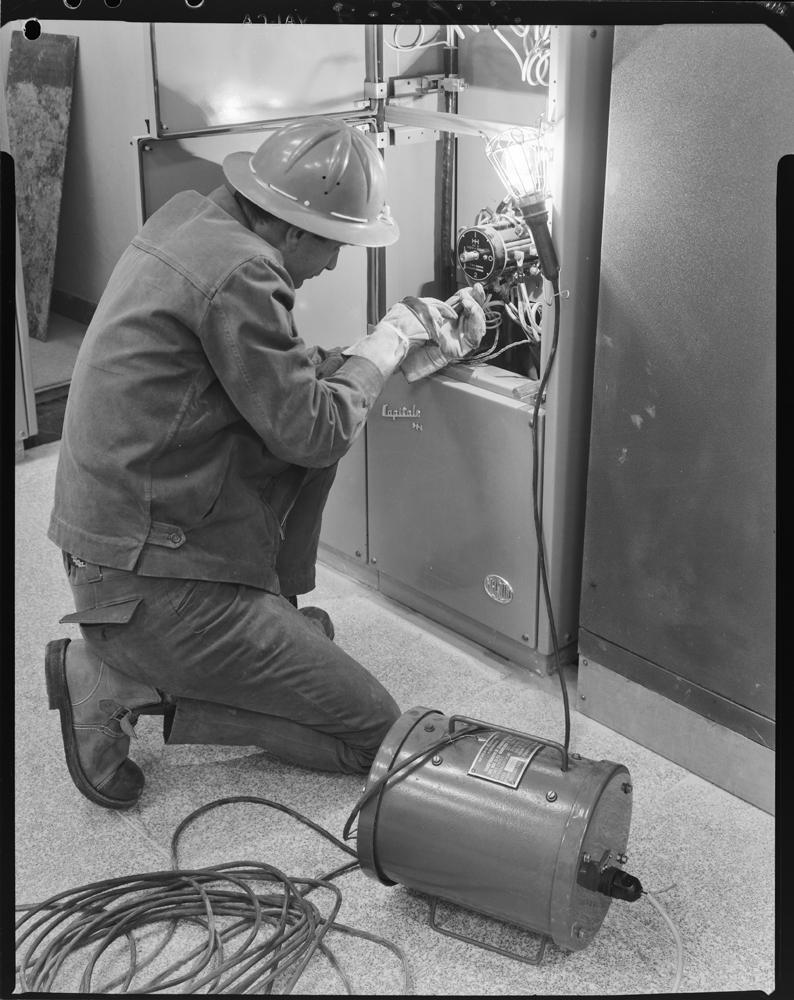LÓPEZ-GARCÍA, J. R. (2019); GARCÍA-HERRERO, S.; GUTIÉRREZ, J. M.; MARISCAL, M. A. Psychosocial and Ergonomic Conditions at Work : Influence on the Probability of a Workplace Accident - INVASSAT
Ves enrere LÓPEZ-GARCÍA, J. R. (2019); GARCÍA-HERRERO, S.; GUTIÉRREZ, J. M.; MARISCAL, M. A. Psychosocial and Ergonomic Conditions at Work : Influence on the Probability of a Workplace Accident
LÓPEZ-GARCÍA, J. R. (2019); GARCÍA-HERRERO, S.; GUTIÉRREZ, J. M.; MARISCAL, M. A. Psychosocial and Ergonomic Conditions at Work : Influence on the Probability of a Workplace Accident
LÓPEZ-GARCÍA, J. R.; GARCÍA-HERRERO, S.; GUTIÉRREZ, J. M.; MARISCAL, M. A. Psychosocial and Ergonomic Conditions at Work : Influence on the Probability of a Workplace Accident. BioMed Research International [online]. 2019. ID 2519020. 13 p. [Consulta: 30.01.2020]. ISSN: 2314-6141. <https://doi.org/10.1155/2019/2519020>
Resumen: Hoy, la importancia económica y social de los accidentes laborales es innegable en todo el mundo. Por lo tanto, la investigación dirigida a reducir este tipo de accidente se considera una disciplina de gran interés para la sociedad en general. En este entorno, las condiciones de trabajo juegan un papel fundamental en la ocurrencia de accidentes y, a partir de su estudio, se pueden obtener resultados que brinden información para la toma de decisiones que garanticen condiciones óptimas para el desarrollo de las tareas de los empleados. Organizar las condiciones de ejecución del trabajo también es una tarea que constituye un aspecto esencial para la productividad de una empresa, por lo tanto, afecta su viabilidad y resultados. En este trabajo, se propone un modelo para el estudio de diferentes grupos de condiciones de trabajo y su influencia en la probabilidad de accidentes laborales, de acuerdo con los datos proporcionados por la Séptima Encuesta Nacional de Condiciones de Trabajo.
Resum: Hui, la importància econòmica i social dels accidents laborals és innegable a tot el món. Per tant, la investigació dirigida a reduir aquest tipus d'accident es considera una disciplina de gran interés per a la societat en general. En aquest entorn, les condicions de treball juguen un paper fonamental en l'ocurrència d'accidents i, a partir del seu estudi, es poden obtindre resultats que brinden informació per a la presa de decisions que garantisquen condicions òptimes per al desenvolupament de les tasques dels empleats. Organitzar les condicions d'execució del treball també és una tasca que constitueix un aspecte essencial per a la productivitat d'una empresa, per tant, afecta la seua viabilitat i resultats. En aquest treball, es proposa un model per a l'estudi de diferents grups de condicions de treball i la seua influència en la probabilitat d'accidents laborals, d'acord amb les dades proporcionades per la Setena Enquesta Nacional de Condicions de Treball.
Abstract: "Today, the economic and social importance of occupational accidents is undeniable worldwide. Hence, research aimed at reducing this type of accident is considered a discipline of great interest for society in general. In this environment, working conditions play a fundamental role in the occurrence of accidents, and from their study, results can be obtained that provide information for decision-making that guarantee optimum conditions for the development of the employees' tasks. Organizing the conditions of work execution is also a task that constitutes an essential aspect for a firm's productivity, therefore, affecting their viability and results. In this work, a model is proposed for the study of different groups of working conditions and their influence on the probability of occupational accidents, in accordance with the data provided by the 7th National Survey of Working Conditions (VII NSWC). The survey sampled 8892 workers active in all sectors of national production and is the last nation-wide survey administered in Spain. Bayesian networks (BNs) are used to generate a network that analyzes working conditions in all areas (27 variables have been included in addition to those corresponding to the sector and accident), and then, more specifically, the relationship that is established between ergonomic factors in the workplace, psychosocial factors of the worker, and the probability of an accident. The results are achieved through the network obtained by highlighting some of the proposed variables. The dependencies generated by the chosen variables are analyzed, and subsequently, the probability of accident for each of the productive sectors is determined. It is concluded that the ergonomic risks associated with physical strains in the workplace, together with the lack of job satisfaction on the employer's behalf, both pose a very significant increase in the probability of being involved in an occupational accident, above the other variables of study."
[Compartido bajo licencia / Compartit sota llicència CC BY 4.0]




